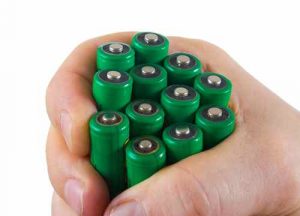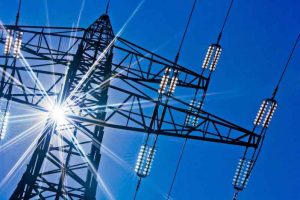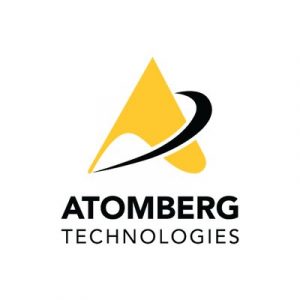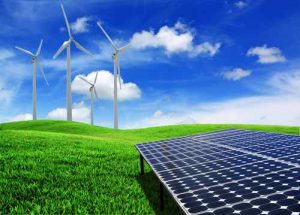Difference between Inverter Technology and Power Inverter
It has been several years since Inverter Air Conditioners (and refrigerators) arrived in India. Initially, people were sceptical of the new technology, but lately, people have started embracing it. No doubt that it is because Inverter Technology Air Conditioners save a huge amount of electricity. However, there is one big confusion (or we may call it a myth) that exists amongst most consumers: that Air Conditioners with Inverter Technology have power backup like a power inverter. For years, we have grown up with a belief that inverters are needed for power backup. And thus arrival of Inverter Technology has added to the confusion. But what exactly is the truth?
What is an Inverter?
In technical (Electrical Engineering) terms, an inverter is an electronic device that converts Direct Current (or DC in short) to Alternating Current (or AC).
Why is it needed?
The electricity that we get in our house from the electricity grid is in AC or Alternating Current. Long back our forefathers decided that it is safer to do electricity distribution in AC than in DC (or Direct Current). And because all the distribution was in Alternating Current the appliances that we use in our house (like air conditioners, refrigerators, fans, etc) all work on Alternating Current.
But when there is a power failure (or no electricity distribution from the grid), we need a power backup (or storage) that can help us run these appliances. For this humans came up with the concept of battery. A battery can store electricity and can be used whenever we need it. However, there is one challenge: A battery can only store DC or Direct Current. But all our appliances use AC (or Alternating Current).
And this is why we need an Inverter (or a device that converts DC to AC) to be put in between the battery and the appliances.
In short, inverter does not store electricity, and it is the battery that stores electricity. Inverter just converts DC to AC.
What is Inverter Technology?
All the confusion with Inverter Technology is because it is called Inverter Technology. Another name for it is Variable Frequency Drive (or VFD in short). The incoming alternating current that we get in India comes at a frequency of 50 Hz. Scientists have designed a variable frequency motor that can change its speed if the frequency of the incoming alternating current is changed. Thus to achieve this variable-frequency a rectifier is used to convert the incoming alternating current (AC) to direct current (DC) and then uses pulse-width modulation in an electrical inverter to produce AC of a desired frequency. This results in significantly better efficiency and electricity savings.
Please note: there is no battery in this setup to store electricity. The drive just has an “Inverter” to convert DC to AC (of desired frequency). This device cannot work if there is no power. It NEEDS power to run. To know more about Inverter Technology Air Conditioners you can read this article on our website:
What is Solar Inverter and can Inverter Technology Air Conditioner work on solar?
This is another question that confuses consumers quite a lot. Solar Inverter is very much like a power inverter explained earlier in this article. The only difference is that the battery is charged using solar power rather than the power from the grid. In a regular inverter, battery is charged using power from the grid. The rest of the functionality of solar inverter is very much like regular power inverter. It takes DC from battery and converts it to AC to be used by the appliance.
Inverter Technology air conditioners work on Alternating Current (or AC), and a solar inverter does provide AC (by converting DC from batteries to AC). And so an Inverter Technology Air Conditioner (or refrigerator) DOES work on solar inverter. In fact, if you want to have greenest possible air conditioner (that works on clean energy, saves electricity and is cheapest to install), then the best solution is to install an Inverter Technology Air Conditioner with a Solar PV system.
Conclusion
Inverter Technology is currently available in Air Conditioners, Refrigerators, Washing Machines and Ceiling Fans. It is very different from Power Inverters and does not have any power backup. A consumer should not assume that these will run even during power cuts.
About the Author:
Abhishek Jain is an Alumnus of IIT Bombay with almost 10 years of experience in corporate before starting Bijli Bachao in 2012. His passion for solving problems moved him towards Energy Sector and he is keen to learn about customer behavior towards Energy and find ways to influence the same towards Sustainability. More from this author.





